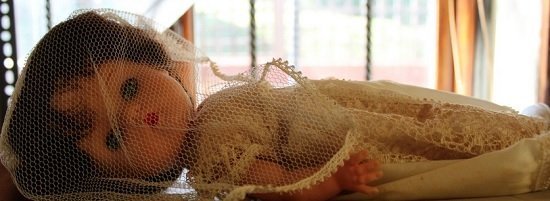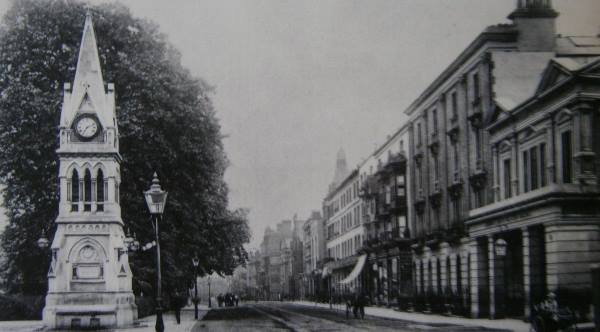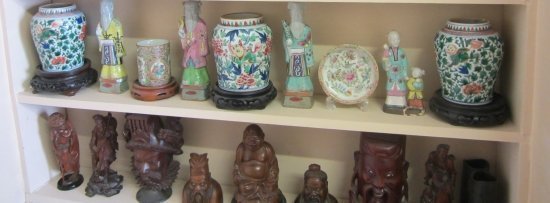Should family not be with the deceased at their passing, they will be informed by a suitable authority, however, if the death occurs at home the family will need to contact the family Doctor.
The GP will attend and check that it is a natural death, if so; a medical Certificate of cause of Death will be issued, allowing a burial or cremation to take place, which in England, has to be registered within 5 days of death. If, however, the death has been referred to the coroner, things will take longer as the coroner has to conduct additional medical checks, after which the body will be released.
If cremation is to take place, a second GP will have to attend and counter sign the Certificate. The family will then be left to make further decisions.
Should the deceased be visited soon after death in their home? Or should they be moved to a Chapel of Rest at a funeral home for viewing at a later date?
Being at a Chapel of Rest means that the deceased can be visited more often and by more people, but the wishes of the deceased should be observed if any were made, if not, those around will have to decide on which options to explore.
The death is registered by the registry office located in the area where the death occurred, making it possible for any relative living in that area to register the death, including a relative who may have been present during the persons final period of illness. If the deceased is alone and has been living in a home or institution, a member of that establishment is allowed to register the death.
There are many pieces of information which the registrar would like to see, such as a birth certificate, NHS medical card, proof of the deceased address, his/her driving licence, passport, and a marriage or civil partnership certificate, but if any of these documents are not to hand there is no need to worry, as the registration can still proceed as the following information will also be requested, some over lapping the information already required.
This information includes the deceased full name and address at the time of their death, other names they were know by, their date and place of birth, their occupation if they were retired, the name and address of their husband, wife, or civil partner if they?ve died, and details of any state pension, or other state benefit they were receiving.
If a death occurs abroad it will probably need to be registered in that country.
Arranging a funeral is an emotional time, but it is a last farewell, so families often want to give their departed loved one the best possible send off.
One way of achieving this is to follow any requests laid down by the deceased themselves, or by perhaps remembering past conversations in which the deceased wishes were mentioned and noted.





